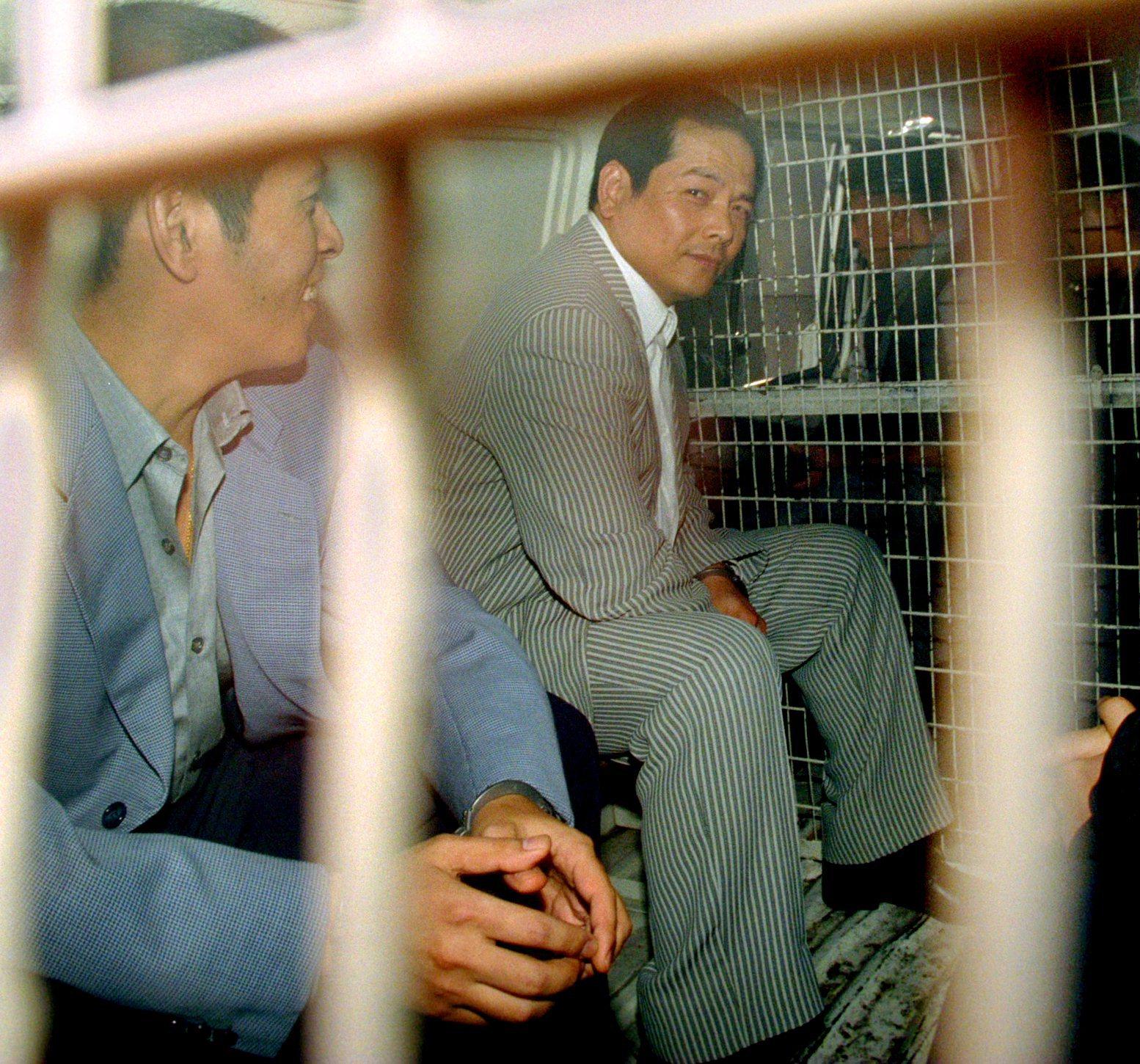
- Released from jail in 2012, the notorious Macau gangster was named alongside Carrie Lam in last year’s US Treasury sanctions as a ‘threat to global order’. Why?
Within weeks of his release from a Macau prison built specifically to hold him, triad boss Wan Kuok-koi, whose rise and fall in the 1990s made headlines around the world, was back in the game.
After walking out of jail on December 1, 2012, the man better known by his gangland nickname, “Broken Tooth’’ – and whose crimes include murder, car-bombing, arms smuggling, money laundering, human trafficking, the leadership of a criminal organisation and racketeering – was able to ease back into “acceptable’’ casino society in Macau.
No one was surprised he had returned to his literal old stomping grounds, but how he managed to set himself up as a “legitimate’’ businessman in several Asian countries remained a mystery.
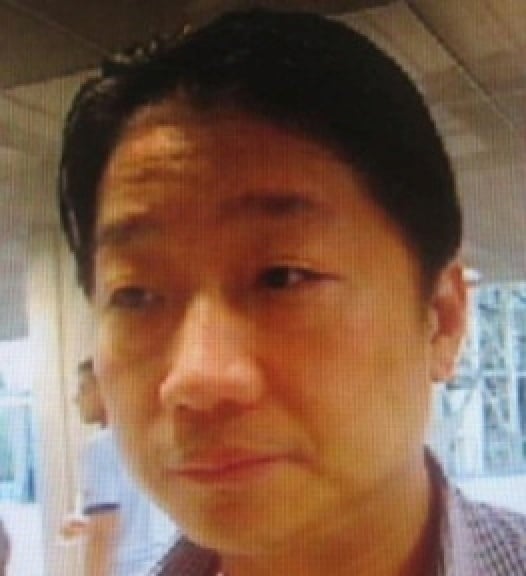
It designated him “a leader of the 14K Triad, one of the largest Chinese organised crime organisations in the world”, and noted the 14K engages in “drug trafficking, illegal gambling, racketeering, human trafficking” as well as “bribery, corruption and graft […] including the misappropriation of state assets, the expropriation of private assets for personal gains, and corruption related to government contracts or the extraction of natural resources”.
Aside from listing the crimes for which he served jail time in Macau, the US levelled fresh accusations, including that the former gangster “is a member of the Communist Party of China’s Chinese People’s Political Consultative Conference”.
Being in the firing lines of ongoing US-China hostilities is about as “above board” as a convicted gangster could get, and new information obtained by Post Magazine sheds fresh light on how the former 14K triad boss worked his way back into a major casino resort in Macau following his release from prison.
A Canadian national born in China, Tse was arrested in Amsterdam in January and awaits extradition to Australia. He is the suspected head of a vast multinational drug trafficking syndicate known as “The Company’’, an alliance of five of Asia’s triad groups, according to law enforcement officials. The hunt for 57-year-old Tse, designated Operation Kungur, began in 2019 and involved the authorities in about 20 countries, including the US, Australia, Canada, Myanmar, China, Thailand and Japan.
The Australian Criminal Intelligence Commission has also described The Company’s members of having “a well-established network of contacts as well as legitimate business and company structures, that enables them to mask and support their criminal activities”. The United Nations Office on Drugs and Crime estimates the alleged network run by Tse rakes in between US$10 billion and US$23 billion a year from organised crime. Reports in the wake of Tse’s arrest claimed he had gambled away US$85 million over the course of one night.
One of the Macau casinos at which Tse is understood to have had a gambling account, the sources said, is the Galaxy Casino Resort, owned and operated by the Hong Kong stock exchange-listed Galaxy Entertainment Group. The new information obtained by Post Magazine reveals that this was the same gaming venue where Broken Tooth made his return to the world of VIP junkets: the shady, lucrative business of bringing in high-rolling gamblers, mainly from mainland China, that generates at least 70 per cent of the city’s gross gaming revenues.
In response to detailed questions about both men’s links to the city’s gaming industry, and the Galaxy Casino in particular, a spokesman for the office of Macau’s Secretary for Security, Wong Sio-chak, said, “Please be kindly informed that there is no information to be provided regarding your inquiry.’’
Galaxy Entertainment Group had not responded to questions at the time of publication, but perhaps pertinent answers can be found in the past.
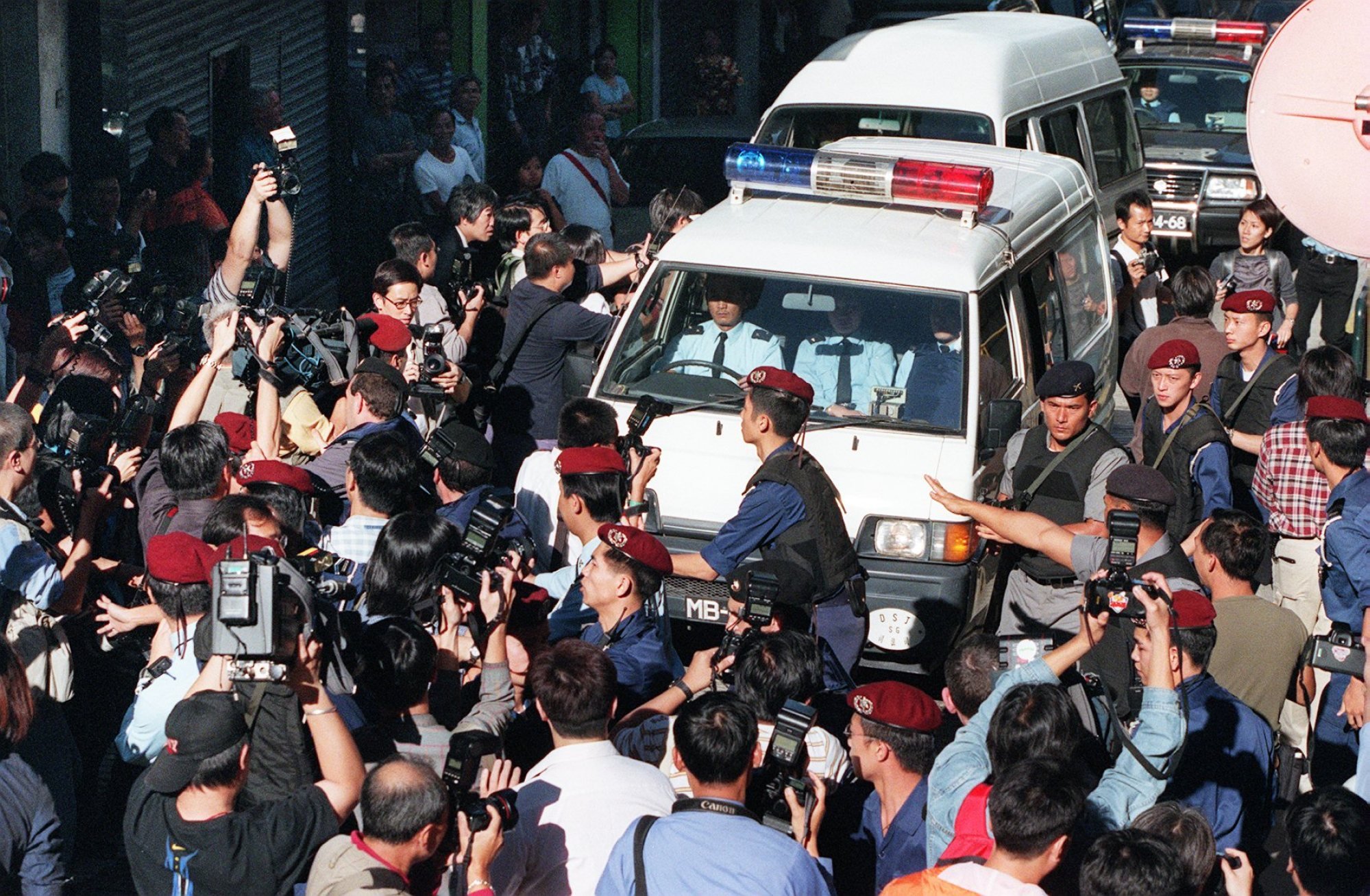
In normal times, Broken Tooth’s position as street-fighter-turned-leader of the Macau faction of the 14K would have gone relatively unnoticed. But the 1990s were anything but normal.
A deep sense of uncertainty during this period fuelled several years of violent underworld turf wars among the triad-run VIP junket businesses as they vied to grab as big a slice of the gangland pie as possible. It was this highly charged environment that helped propel Broken Tooth to criminal notoriety as he rose through the gangland ranks – losing a few teeth and earning his nickname along the way – to eventually become the boss of the 14K triad’s Macau faction.
With tentacles and traditions that extend between its homebase in Hong Kong to Macau and Guangdong province, where it was first formed as a secret society in 1945, the 14K is the second-largest triad society in Hong Kong, with an estimated 20,000 members and 30 loosely affiliated subgroups. Its criminal activities and operations include drug trafficking, money laundering and contract murder worldwide.
Wan’s first fortune was reputedly made through the control of VIP rooms in Macau’s casinos, as well as a series of street-level protection and extortion rackets that at times exploded into deadly shootings and bombings as turf wars with rival gangs intensified. Wan’s profile at this time was so high that a Hong Kong-produced movie, Casino (1998), was made about his life as a triad boss with one of Hong Kong’s biggest movie stars of the time, Simon Yam Tat-wah, playing Wan.
Broken Tooth seemed untouchable until May 1, 1998, when a bomb exploded under an unoccupied minivan belonging to larger-than-life Macau police chief, António Marques Baptista, nicknamed “Rambo”. Later the same day, Baptista – who died in Portugal in 2018 – led a team of police to arrest the gangster as he dined with bodyguards in Macau’s original Lisboa Hotel, on suspicion of being behind the apparent assassination attempt.
Wan’s involvement in the attack on Baptista was never proven in court, but among his many ventures revealed during the trial was a weapons business in Cambodia, where he allegedly sought to trade in rockets, missiles, tanks, armoured vehicles and other heavy military equipment.
After a lengthy and complicated legal process, and despite one witness after another being struck by bouts of amnesia, in November 1999 Wan was sentenced to 15 years in prison and had all his assets confiscated.
Today, more than two decades since Macau’s return to China and the 2001 liberalisation of its gaming industry, the former enclave has long overtaken Las Vegas as the richest gaming destination in the world.
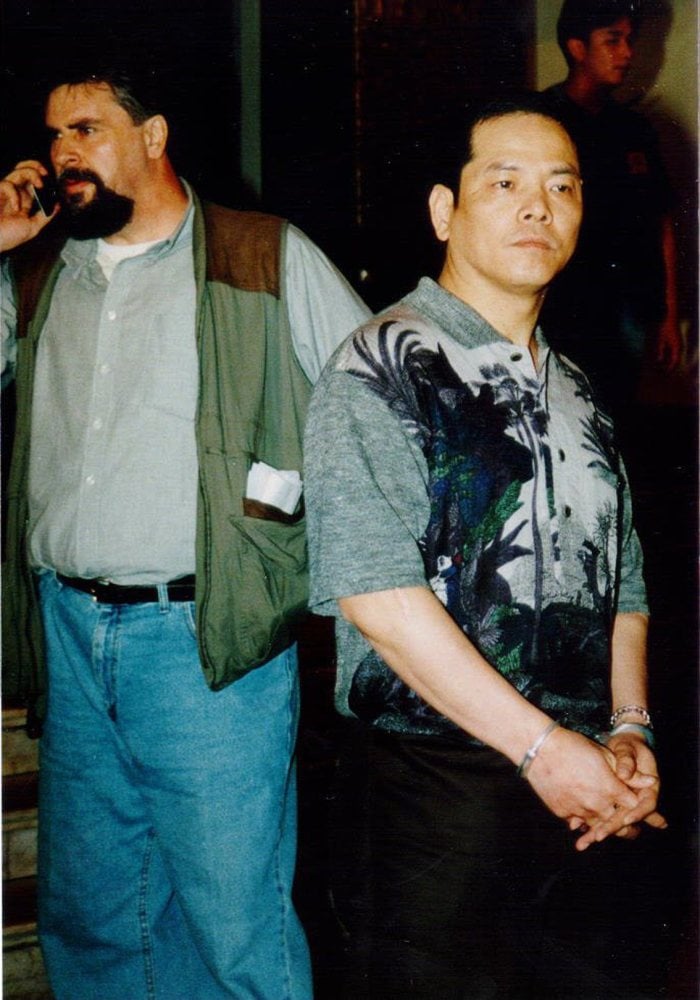
On his release from prison, in 2012, Broken Tooth was confronted by a completely different environment, but one in which he was quick to reactivate his network of contacts. Before long, he was working his way back into the junkets – which remain notorious for their links to the criminal underworld – establishing himself as an Asian bitcoin pioneer of sorts, and he was appointed chairman of Malaysia-based investment company Inix Technologies Holdings in August last year. He also took up the position as head of an officially sanctioned, Macau-based global Chinese ‘’fraternal’’ organisation, the World Hongmen Historical and Cultural Association.
On December 2, 2020, just four months after his appointment as Inix chairman and a week before OFAC slapped him with sanctions, Wan resigned the position “to pursue personal interests’’. On February 1, Malaysian authorities made a request to the international police organisation Interpol that Broken Tooth be placed on its global Red Notice arrest list in connection with a fraud investigation.
These particular allegations linking Wan to key pillars of China’s political and economic development over recent years are denied by both Wan and Beijing, but OFAC also cited Wan’s position as leader of the World Hongmen Historical and Cultural Association as a reason for placing him on the sanctions list, claiming the organisation, despite official registration in Macau, is a triad front.
I solemnly declare: I am a patriot, a non-CPPCC member. I love my own countryBroken Tooth
In a video posted on the WeChat social-media platform a few days after the US Treasury placed him on the sanctions list, Broken Tooth issued a denial of the allegations against him: “Regarding the malicious sanctions imposed on me and the World Hongmen Historical and Cultural Association by the US Treasury Department, I solemnly declare: I am a patriot, a non-CPPCC member. I love my own country.
“The World Hongmen History and Culture Association has always abided by laws and regulations, and never under the guise of China’s Belt and Road Initiative engaged in any illegal behaviour […] I express a strong protest against such actions by the US Treasury Department and reserve the right to protect my own rights.”
Business registration documents obtained by Post Magazine reveal that, by using a Byzantine network of company filings and members of his family, the former triad leader was able to exert control over the Kuok Leng VIP junket company, which operated (although no longer does so) in Macau’s Galaxy Casino.
A source who has worked in the security departments of a number of Macau casinos over more than a decade, and who asked not to be identified, said: “Following [Wan’s] release from prison in December 2012 none of the casinos in Macau would entertain him, except Galaxy. [Wan] had shares in the Kuok Leng VIP room operating in Galaxy and had lunch at the Laurel Restaurant in the resort almost every day. At this time he was put under surveillance and monitored on the instructions of the Macau police.
“After about a year, he left Macau and his junket room closed. However, in September 2015, he booked 300 hotel rooms at Galaxy to accommodate delegates for a planned convention of the World Hongmen Historical and Cultural Association. The rooms were provisionally held in Galaxy’s Opera booking system. It was only when the Macau Judiciary Police advised Galaxy not to allow the bookings that they were cancelled and the convention did not go ahead in Macau.”
The meeting, intended to be an inaugural event for the organisation, eventually took place in Cambodia, where Broken Tooth has long held connections.
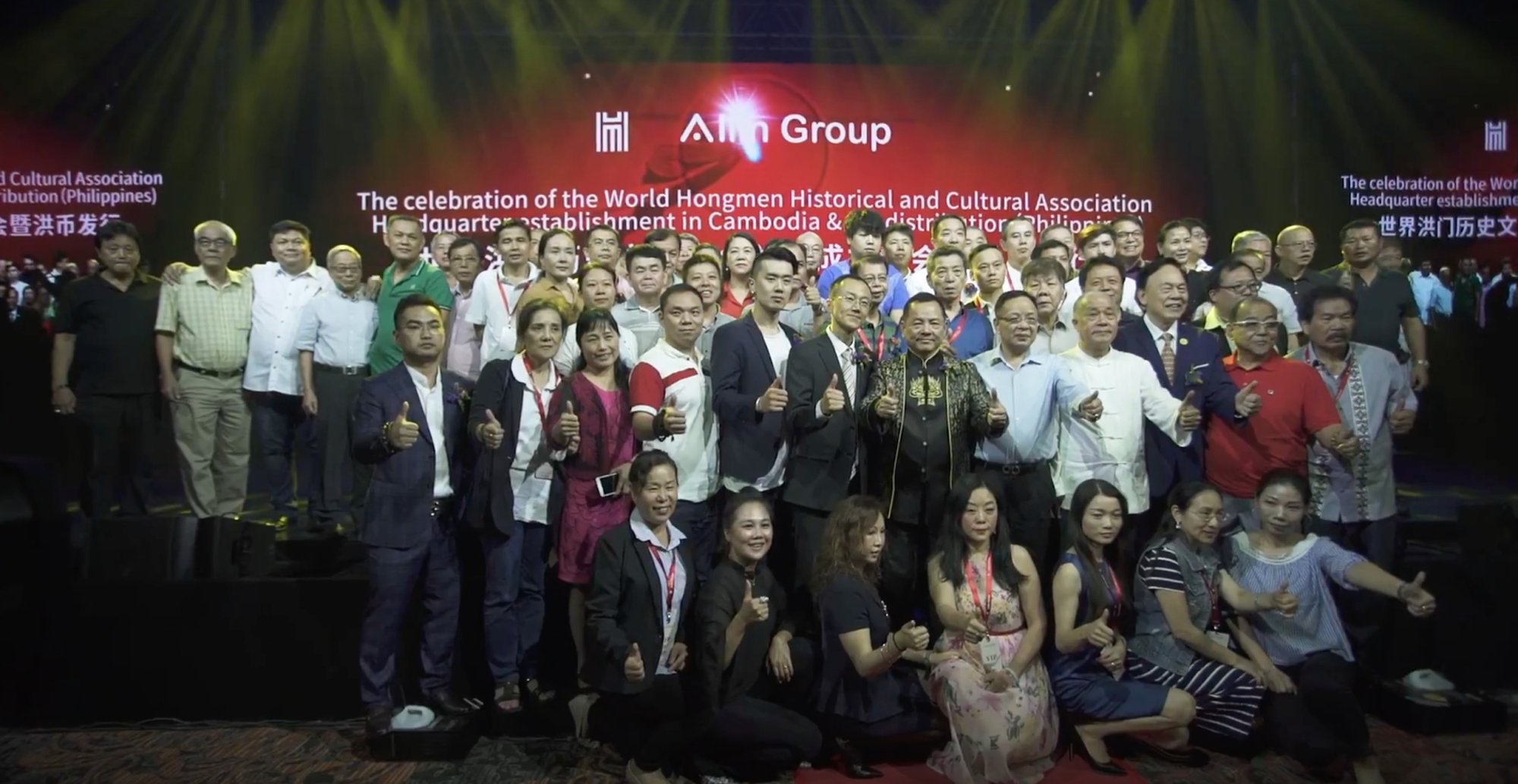
Several years ago, amid serious concerns about capital flight from China, Beijing identified Macau’s casinos as a major conduit and ordered the government to clean up the VIP junkets operating in the city’s casinos. However, according to a veteran legal professional who has worked in Macau for more than 20 years and has deep knowledge of its gaming regulations – which are enforced by the Gaming Inspection and Coordination Bureau (commonly known by its Portuguese acronym, DICJ) – the fact that Broken Tooth was able to directly or indirectly run a junket operation inside one of the city’s three main gaming concession licence holders points to shortcomings in the city’s gaming industry oversight mechanisms.
“I am not surprised as the DICJ have never really been any good at vetting junket suitability,” said the source, who asked not to be identified. “As far as I understand it, all that happened was that [Wan] got a visit from some senior security people telling him to back off or at least keep low key.
“Locally, by the Macau authorities themselves, almost nothing was done to improve the ‘regulatory framework’ as it relates to VIP junket operations, apart from some requirements related to anti-money-laundering. The only thing that happened which had any impact was that a clear message was sent from Beijing to put a hold on the issuing of new junket licences and the transfer of existing junket ownership to new names.”
It seems clear that industry regulators and gaming licence holders in Macau still face challenges in terms of ensuring the suitability and fitness for purpose of individuals who operate VIP junket businesses inside the city’s casinos, which over many years have been linked to the types of money laundering rackets and violent debt collection associated with organised crime.
The present whereabouts of Broken Tooth are unknown. But with Interpol breathing down his neck as a result of the investigation into his business dealings in Malaysia, links to an alleged international drug baron, and the noose of US sanctions tightening under an administration not looking to go soft on China, life on the run for this former mob boss, once so comfortable operating out in the open, is perhaps his greatest gamble yet. As for the future, there remains a purpose-built prison in Macau waiting for him.

